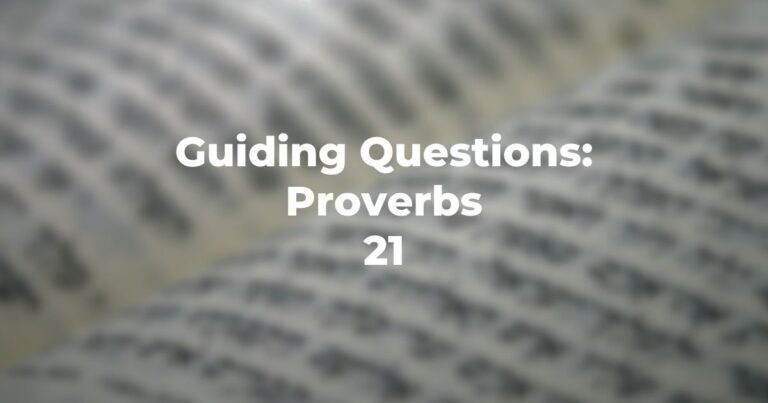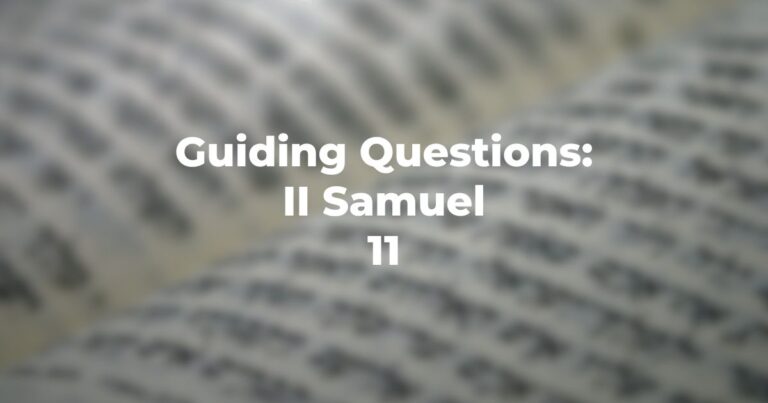- How is “sheima shav” harmful (i.e. damaged by way of words)?
- Is the majority always right (the tension between tzedek and mass opinion)?
- Is sympathy to overcome tzedek? Is there one law for the well to do and another for the impecunious?
- Is the right thing done only for friends or non-enemies; that is, does tzedek need a positive feeling and does feeling rank the action of tzedek?
- How does one avoid being partial in judgement?
- What is the purpose of the field’s “resting” (shmitah) during the seventh year – who benefits?
- Is the Sabbath only for the Jew? For the human generally?
- How are the seventh year and Shabbat basically the same?
- Does tzedek, then, include non-legal and non-commercial regulations?
- Are some of these non-legal and non-commercial regulations self-enforceable only?
- Why are strength, power and slyness rated as fully inferior to tzedek?
- In providing for the unfortunate, they must take rather than give; i.e. is their self-respect protected by requiring effort on their part?
- Are non-humans included in the tzedek dimension?
Author
-

Exploring Judaism is the digital home for Conservative/Masorti Judaism, embracing the beauty and complexity of Judaism, and our personal search for meaning, learning, and connecting. Our goal is to create content based on three core framing: Meaning-Making (Why?), Practical Living (How?), and Explainers (What?).
View all posts




